Google on Wednesday said it has seen 50 times more search requests coming from Apple iPhones than any other mobile handset — a revelation so astonishing that the company originally suspected it had made an error culling its own data.
Should other companies follow in Apple's footsteps by making web access commonplace on their mobile handsets, Gundotra believes the number of mobile searches could outpace fixed internet search "within the next several years."
That of course means big increases in incremental advertising revenues for the Mountain View, Calif.-based search giant. Though Google's primary revenue driver remains online advertising, the company has never separated out its mobile revenues from those of traditional computer-based browsers.
Gundotra, however, told the Times that the mobile segment was growing “above expectationsâ€, both in terms of usage and revenues.
"The world is changing. Users want an internet without fences. They know how to type in Google.com if they want to get to it," he said. "Two years ago the operators were still playing the role of gateÂkeepers but that is no longer the role for them."
The mobile boss also reiterated a long-running company position on the mobile handset market, which is that Google is unlikely to build its own mobile hardware despite widespread speculation to the contrary.
"We want every phone to be a Google phone," he said. "We are ultimately talking about thousands of devices. The best way to do this would be to get Google’s mobile operating system, Android, deployed on as many types of handsets as possible."
Google has the first Android-based mobile handsets from third-party manufacturers would begin shipping during the second half of 2008.
 Slash Lane
Slash Lane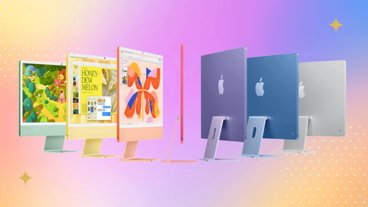






 Malcolm Owen
Malcolm Owen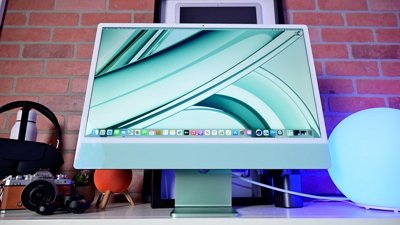

 William Gallagher
William Gallagher



 Christine McKee
Christine McKee




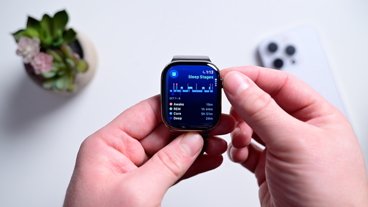


56 Comments
The world is going mobile - FAST!!! It's good to see Apple pioneering in this area where others have tried and failed.
I just had an argument with some cavemen last night (that's what i call non iphoners since they're living in the stone age. They said, why would i ever care to have the internet on my phone, I said you do have the internet on your phone you just don't know how to use it cause it's so damn confusing, i never had a need for the internet on my phone either until i realized how easy and fun it is to use on the iphone, now i couldn't live without it, it's the genious of apple. but overall, haha 50 times as much search on google for iphones than for any other phone, 50 times for a company that has only 25% of the smartphone market, WOW
I just had an argument with some cavemen last night (that's what i call non iphoners since they're living in the stone age.)
That's funny, I say the same thing!
I really like to make fun of the blackberry's trackwheel/ball.
Does that make me an apple elitist?
The interesting thing as a google shareholder is that they actually stand to make money off the iPhone searches where they don't on a blackberry (as well as many other phones with smaller screens). The real-estate problems of "normal" display make it a nuisance like banner ads when viewing on a small/fixed scale display.
Websites properly tailored to mobile devices really need to be careful of putting in too many display ads. I have given up on AI for browsing from the iPhone, along with a few other of my "regular" sites.
GREAT SUCCESS!!!
